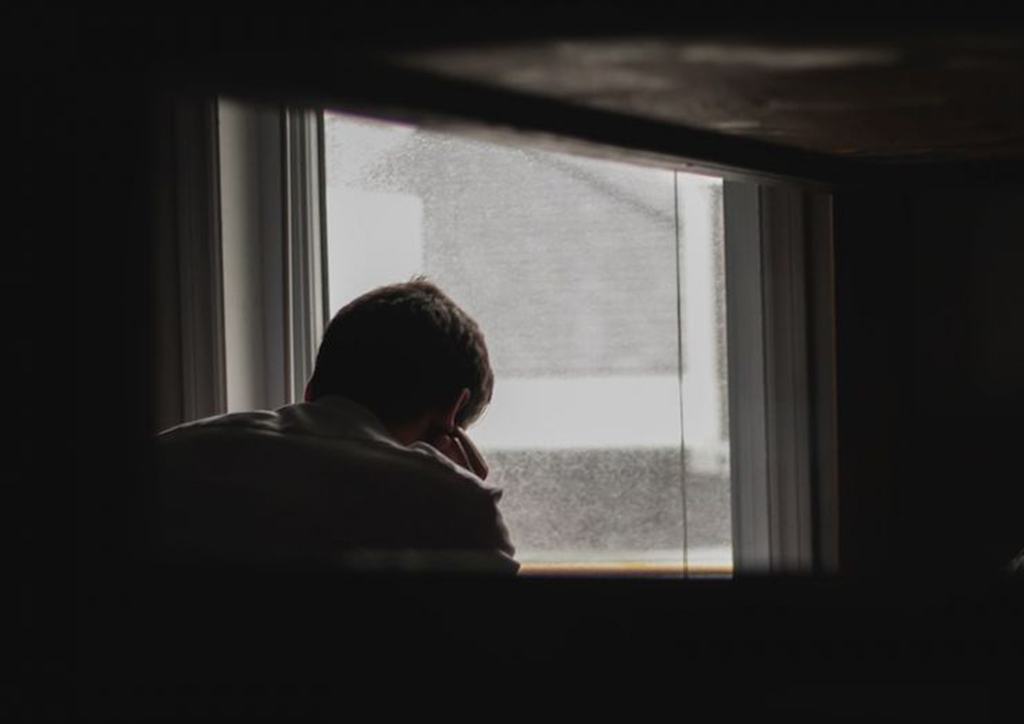Real Talk
Debunking 5 Myths about Suicide and How to Stop It
With lots of myths about suicide, it’s hard to figure out what’s true or what’s false about it. So, we found a few to help you understand what World Suicide Prevention Day is about.
We celebrate World Suicide Prevention Day on September 10 and all the more with this pandemic, we need to be aware and debunk those myths about it. It’s been a hard two years of struggling, coping, and burning out in order to keep up the morale for our families and ourselves. And at times, even we, just want everything to stop. Whether it’s pain, anger, numbness, we all just want those feelings to go away and some of us — both kids and adults — do turn to suicide.
Sadly, suicide is still misunderstood by a lot of people. Some perceive it as a form of “weakness”, and many say it’s a “sin against God”. But that’s why we’re here to debunk those myths and show you the bigger picture behind the act of committing suicide.

1. Myth: Only for mentally ill people
Mental illness is one thing but some studies have shown that suicide only for the mentally ill is a myth. Some studies have shown that 1 out of 5 people — even if they don’t have any mental illness — will accommodate the idea. It’s not always caused by hallucinations or delusions. Some may find themselves more irritable. Others are just so numb and dead inside that they can’t enjoy things that they used to. We usually feel this when we’re burned out and that’s why it’s good to have moments of peace and being even if it doesn’t look productive at all so we’re not always stressed.

2. Myth: Those who commit suicide have a weak faith in God
We’ve probably heard this a lot especially in a religious country like the Philippines. We’ve probably heard the expression too that “y’all need Jesus” from movies and some of our friends. But the lack of God doesn’t correlate with one’s attempt to commit suicide. Suicidal behavior can be caused by a lot of things that can make anyone feel hopeless or helpless. It’s times like these when helping them find something concrete that they can control and believe can prevent suicide from ever being a choice.

3. Myth: Those who want to commit suicide are just looking for attention
Back when mental health wasn’t a big thing, many saw suicide as attention-seeking behavior, a drastic attempt of a scorned partner to get their lover back (which is so toxic by the way!) — all these notions led to many of those who actually wanted to commit suicide to believe that their pain wasn’t worth mentioning let alone something worth healing. It’s why listening and validating what they feel helps in de-escalating a suicide attempt.

4. Myth: People who are suicidal want to die.
One of the biggest myths we believe is that people want to commit suicide because they want to die. But that’s not all there is. Rather, they’re exhausted from the life they live in. Suicide, to them, is a form of freedom. They want to be free from the lack of choices that can be caused by financial constraints, academic issues, and so many other things that are out of their control. As people, we have the agency and power to make decisions for ourselves but we should inform those who feel that suicide is their best choice that they have other choices and that they can talk about it with you.

5. Myth: People want to or commit suicide because they’re selfish
A lot of times, those who wish to commit suicide or succeed in committing suicide believe it’s because they’re “dead weight” and a burden to another person. To them, it’s more selfless for them to die rather than stay alive. Especially when everyone’s all about survival now because of this pandemic, individuals would commit suicide especially if they know there’s money, lack of food, or even abusers involved.

It’s an uncomfortable topic but we need to talk about it!
If we don’t talk about suicide now, when will we? It’s a topic that may raise a few red flags but people who are suicidal need help and these existing myths about suicide are not helping. While we talk about self-care, we need to acknowledge also that there are some who have difficulty doing so. Whether it’s by mental illnesses or environmental factors, suicide is a topic that needs to be addressed to develop empathy and compassion for others.
Trying to understand mental health more? Let us help you!
It’s OK To Cry: Stand Up For Mental Health
7 Ways to Keep Yourself Mentally Healthy
6 Ways to Help Your Kids Cope with the Pandemic





